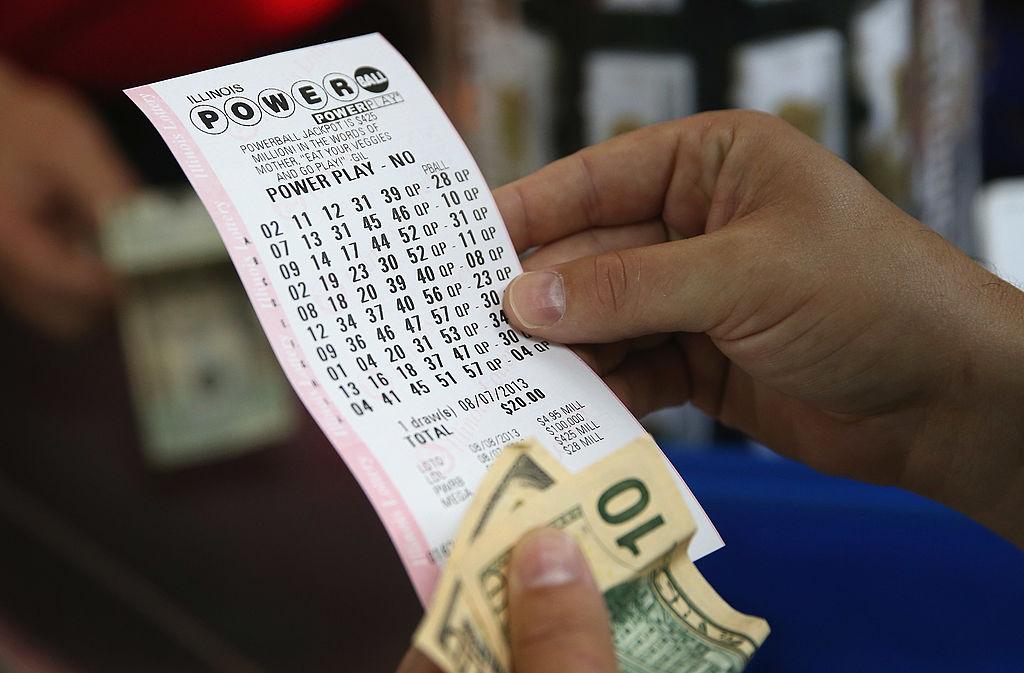The “world’s largest lotto prize ever offered” is now at stake during this weekend’s Powerball drawing, said the game operator on Friday.
Powerball’s operators increased the jackpot estimate on Friday morning to $1.6 billion, which has a cash value of $782.4 million, according to a news release. The drawing is Saturday, Nov. 5, at 10:59 p.m. ET.





